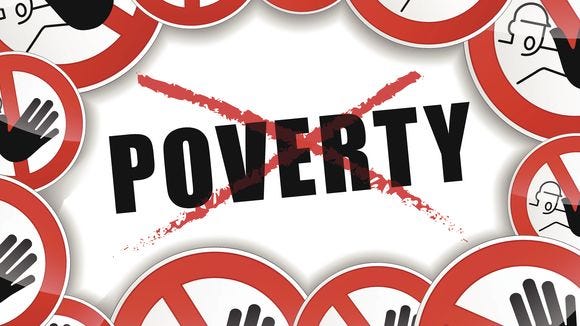When the Founder of the Brigidine Sisters, Bishop Daniel Delany saw a need, he responded. We are called to follow his example today. The World Bank informs us that poverty is an growing urgent need – “Poverty is hunger. Poverty is lack of shelter. Poverty is being sick and not being able to see a doctor. Poverty is not having access to school and not knowing how to read. Poverty is not having a job, is fear for the future, living one day at a time. Poverty is losing a child to illness brought about by unclean water. Poverty is powerlessness, lack of representation and freedom.” (September 2018)
Living in poverty can mean limited access to safe water, good schools, health care, stable and clean housing, and electricity.
Where 1 in 10 people live in extreme poverty, it is estimated that 1.3 billion people live in multi-dimensional poverty.
For example, the number of people living in households without access to electricity is far greater than those living in monetary poverty. Poverty is not solely linked to finances – it also can include
sanitation, housing, and proper education.
The fallout from the COVID-19 pandemic threatens to
push over 70 million people into extreme poverty, many of whom are women and children.
In what practical ways can we respond to these challenges personally and as a Congregation?
https://antipovertyweek.org.au/wp-content/uploads/2020/10/Global-Poverty1-APW-2020.pdf

